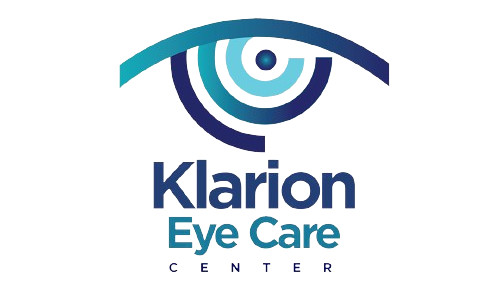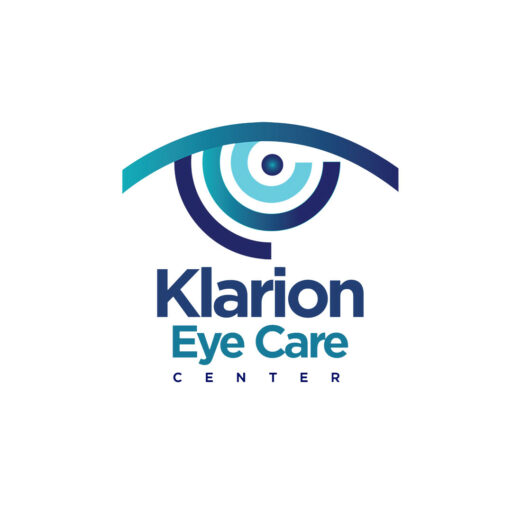Your eyes are one of your most valuable assets, allowing you to experience the world around you in vivid detail. Yet, many of us take our vision for granted, often neglecting to protect our eyes from potential harm. In this blog, we’ll explore essential tips for safeguarding your eyes and maintaining optimal eye health.
1. Wear Sunglasses
Exposure to ultraviolet (UV) rays from the sun can damage your eyes and increase the risk of cataracts and macular degeneration. Protect your eyes by wearing sunglasses that block 100% of UVA and UVB rays. Look for sunglasses that offer wraparound protection to shield your eyes from all angles.
2. Follow the 20-20-20 Rule
In today’s digital age, many of us spend hours staring at screens, which can lead to digital eye strain. To reduce eye strain, follow the 20-20-20 rule: every 20 minutes, take a 20-second break and look at something 20 feet away. This simple practice helps relax your eye muscles and reduce fatigue.
3. Maintain a Healthy Diet
A diet rich in nutrients is crucial for maintaining good eye health. Incorporate foods high in omega-3 fatty acids, lutein, zinc, and vitamins C and E into your diet. These nutrients can help prevent age-related vision problems such as macular degeneration and cataracts. Include leafy greens, fish, nuts, citrus fruits, and colorful vegetables in your meals for optimal eye health.
4. Stay Hydrated
Proper hydration is essential for overall health, including your eyes. Drinking enough water helps keep your eyes moist and reduces the risk of dry eye syndrome. Aim for at least eight glasses of water a day to maintain adequate hydration levels.
5. Use Protective Eyewear
Whether you’re playing sports, working in a hazardous environment, or engaging in activities that pose a risk to your eyes, always wear appropriate protective eyewear. Safety glasses, goggles, and face shields can prevent eye injuries from flying debris, chemicals, and other hazards.
6. Avoid Smoking
Smoking is harmful to your overall health and significantly increases the risk of eye diseases such as cataracts, macular degeneration, and optic nerve damage. Quitting smoking can greatly improve your eye health and reduce the risk of developing these conditions.
7. Practice Good Hygiene
To avoid eye infections, practice good hygiene, especially if you wear contact lenses. Wash your hands thoroughly before handling your lenses, and follow proper cleaning and storage instructions. Avoid sleeping in contact lenses unless specifically prescribed by your eye care provider.
8. Get Regular Eye Exams
Regular eye exams are crucial for detecting vision problems and eye diseases early on. Schedule comprehensive eye exams with your optometrist at least once every two years, or more frequently if you have existing eye conditions or risk factors. Early detection and treatment can prevent serious vision loss and maintain eye health.
9. Take Breaks from Screens
Prolonged screen time can cause digital eye strain, characterized by dry eyes, headaches, and blurred vision. Take regular breaks from screens, blink frequently to keep your eyes moist, and adjust your screen’s brightness and contrast to reduce strain. Using artificial tears can also help alleviate dryness and discomfort.
10. Ensure Proper Lighting
Proper lighting is essential for reducing eye strain and preventing headaches. When reading or working on a computer, ensure that your workspace is well-lit. Use task lighting to reduce glare and avoid working in dimly lit environments.
Conclusion
Taking proactive steps to protect your eyes is essential for maintaining good vision and overall eye health. By incorporating these tips into your daily routine, you can reduce the risk of eye problems and enjoy clear, healthy vision for years to come. Remember, your eyes are precious—treat them with care and attention to ensure they remain in top condition.
If you have any concerns about your eye health or need professional advice, don’t hesitate to contact Klarion Eye Care Center. Our team of experienced eye care professionals is here to help you achieve and maintain optimal vision.

